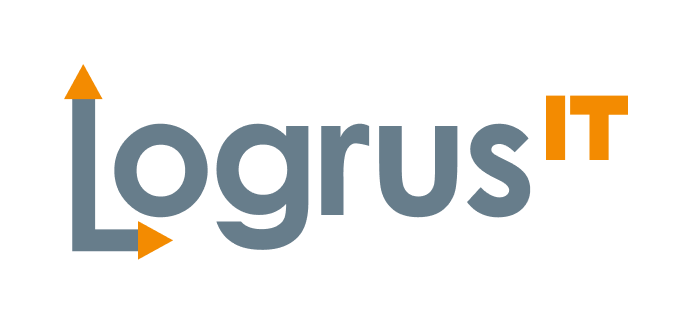Goals
Logrus IT wanted to adopt a translation management system that could handle complex file formats, reduce manual effort in multilingual projects, and support consistent workflows across a variety of content types.
Challenges
The company faced time-consuming manual work, especially when extracting and reinserting content from multilingual Excel and Visio files, as well as limitations in file handling with previously used tools.
Results
Logrus IT improved efficiency with memoQ TMS by automating file processing, eliminating repetitive manual tasks, and integrating powerful filters and customization options across its translation workflows.
“Overall, using memoQ TMS has helped us manage complex translation workflows more efficiently and has reduced the amount of repetitive manual work. It’s become an integral part of our daily operations, and we continue to use it on a wide range of projects.”
Valeria Sherstoboeva
Localization Production Department Head at Logrus IT
Adopting memoQ TMS: From Requirement to an Essential Tool
Logrus IT began using memoQ TMS around 10 years ago, driven by a client requirement. Initially unfamiliar with the tool, the team quickly found value in its extensive and user-friendly online help documentation. Unlike other solutions at the time, memoQ TMS offered clear guidance without the need to consult forums or rely on community support. As they explored the platform further, Logrus IT discovered features unavailable in their previous tools which soon became integrated into their regular workflows. memoQ TMS has since become a core component across a wide variety of translation and localization projects at Logrus IT.
Managing Files with More Flexibility
From the beginning, memoQ TMS demonstrated strong support for diverse file types, including those that previously required additional handling. Visio files, for instance, could be translated directly without help from DTP specialists.
memoQ TMS includes both built-in and customizable filters. Logrus IT made regular use of cascading filter chains for processing complex file types such as.po, .json, .js., .properties, .xml, .html, .csv, .ini, .resx, .yaml, .md, and so on. The system also supports regex-based filters that tag structural elements, placeholders, and variables. In several cases, memoQ TMS was able to open and parse corrupted files that other tools could not. These filters can be applied not only at the point of import but also later during the project, giving users flexibility throughout the translation process.
The import function allows entire folder structures to be brought in at once. The company found this particularly helpful for website localization projects involving deeply nested folders and large numbers of individual files. The original directory structure remains intact upon export, lowering the risk of disorganization or data loss.
Improving Efficiency in Day-to-Day Work
Working with multilingual Excel files used to be a complex and time-consuming task for Logrus IT. The previous workflow required manually extracting content for each language, translating it separately, and then reassembling the final document. This often took more effort than the translation itself. memoQ TMS changed this process by enabling direct parsing of multilingual spreadsheets and exporting into multiple target languages in a single step.
Another key improvement was the Translation View. By applying regex-based filters, the team could isolate and lock content unrelated to the target language, reducing the risk of errors when handling multilingual source files.
memoQ TMS also offered detailed project setup options before work even began. Logrus IT routinely configured translation memory, term bases, import filters, auto-translation rules, non-translatable items, ignore lists, and stop word lists in advance. This preparation brought consistency and efficiency to every project.
The Create View function added further flexibility by allowing specific segments to be extracted into separate files. This was especially helpful for translating repetitions first, supporting internal consistency across large-scale projects.
Analytical tools within memoQ TMS also played a valuable role. The homogeneity function helped identify internal fuzzy matches, and tag weighting contributed to more accurate reviews. For projects containing mixed content, the system could distinguish between Latin and Asian scripts during character counts, improving accuracy.
Logrus IT also relied on additional memoQ features such as Live Preview, file splitting and task assignment, QA and segmentation tools, concordance search, alignment through LiveDocs, and API integration with client systems.
By taking full advantage of memoQ TMS, Logrus IT significantly improved its translation workflows, reduced manual effort, and increased the overall quality and consistency of its multilingual projects.



